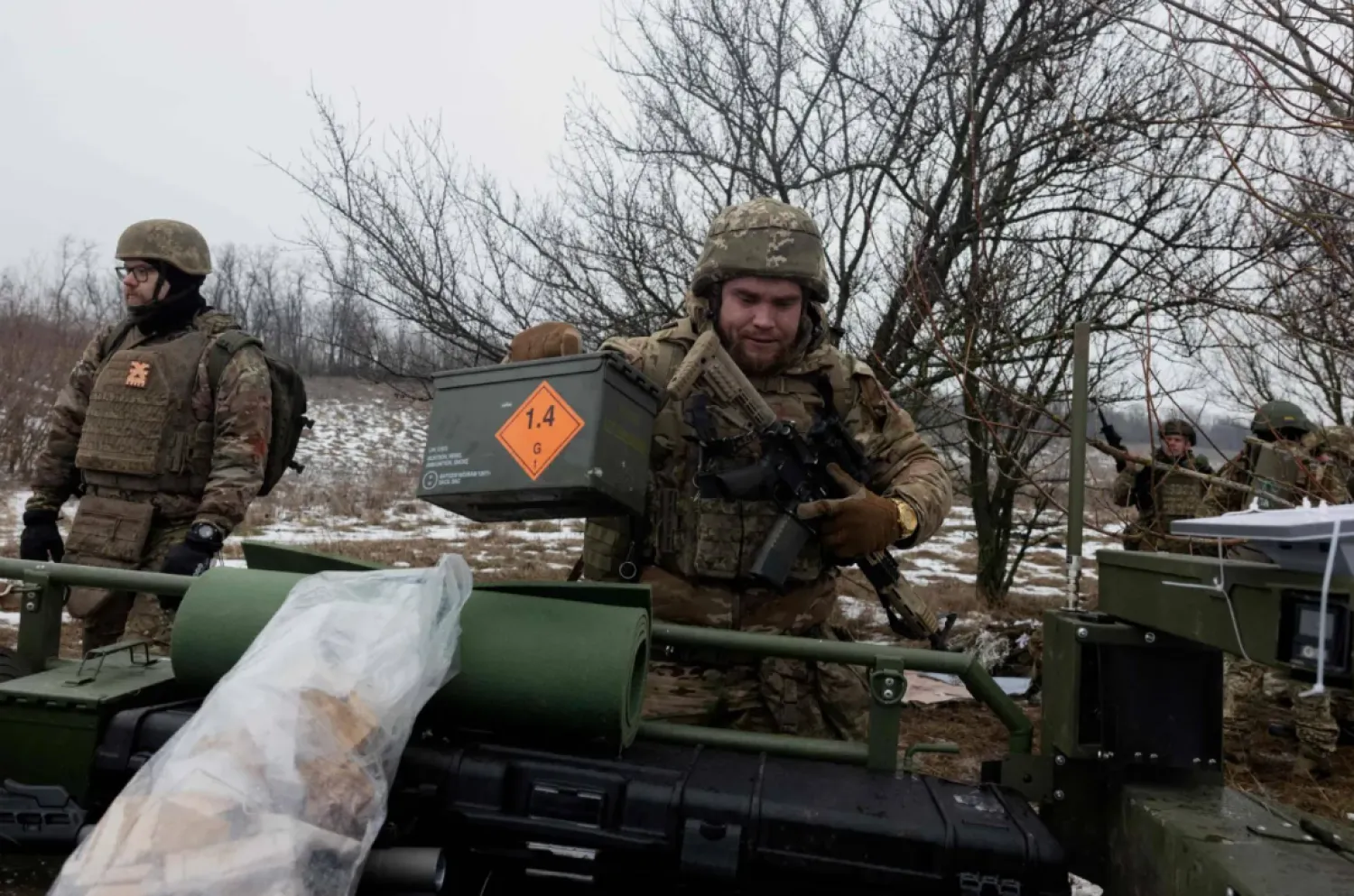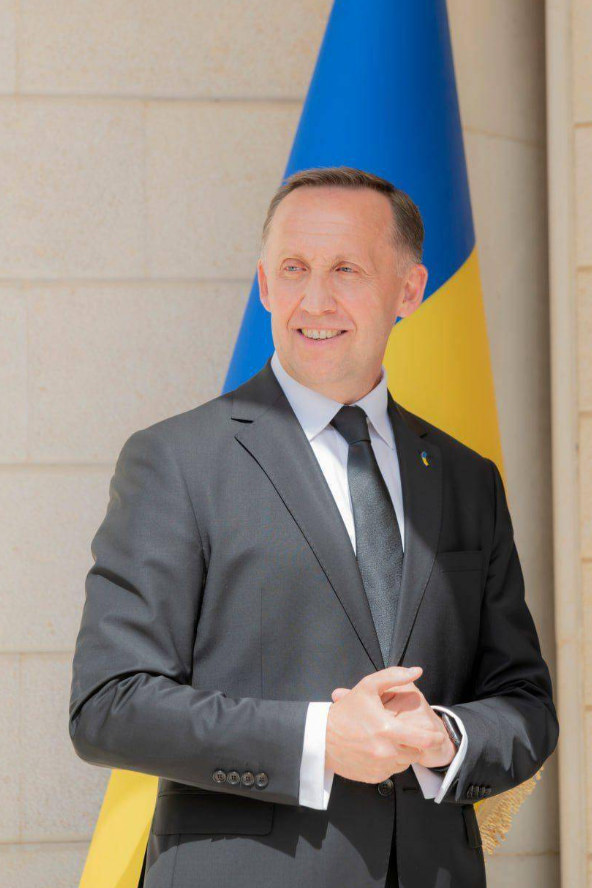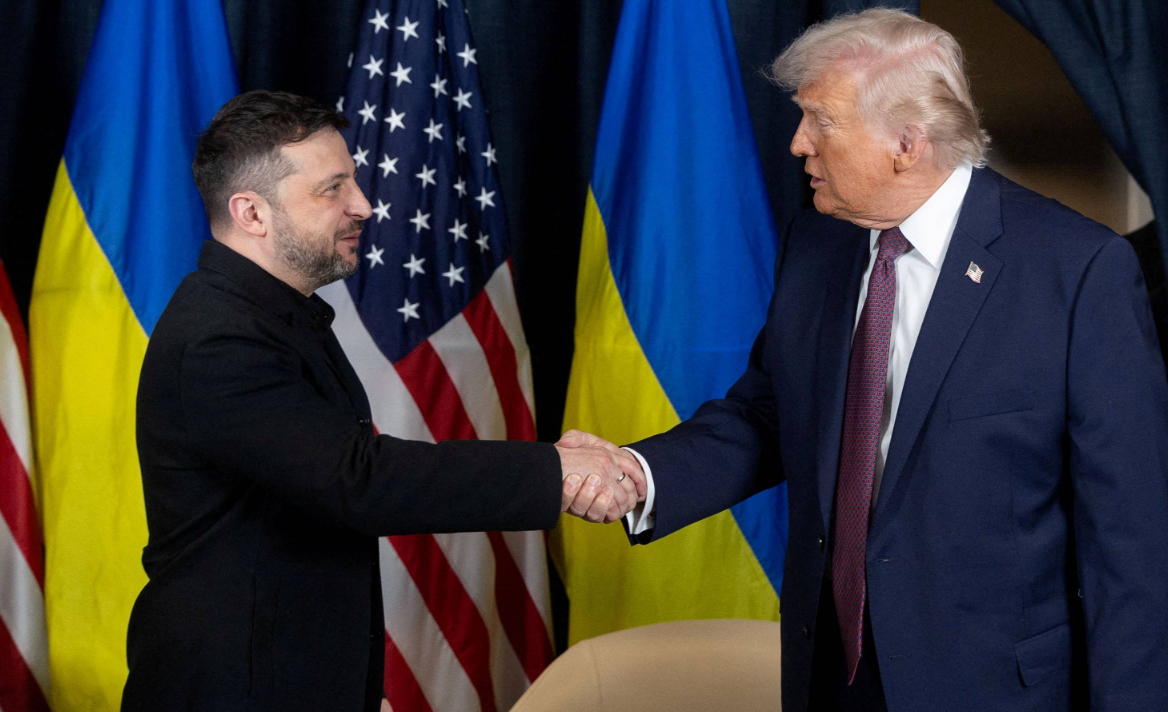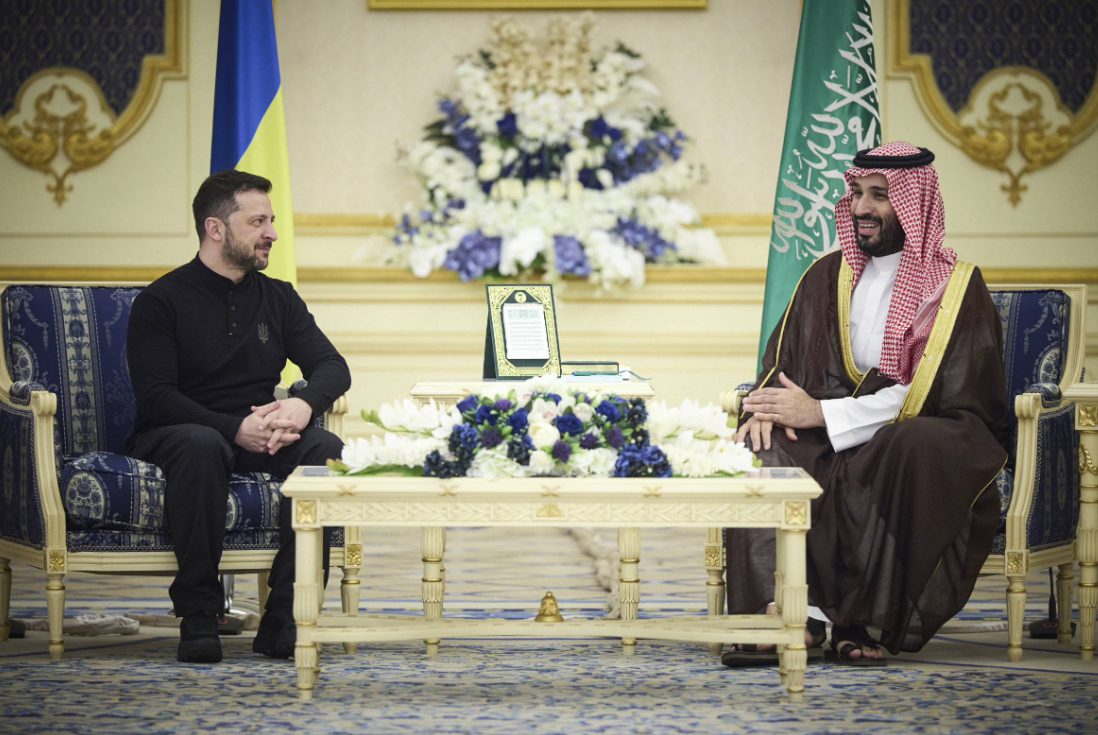Yunus Qanuni, former speaker of Afghanistan’s parliament, is in constant contact with Ahmad Massoud, he told Independent Persian in an interview.
“Ahmad Massoud, son of Afghanistan’s national hero, is not after creating crisis, adventure, clash or war. From the outset, he has emphasized a political solution and an end to war and crisis in Afghanistan and his position remains the same,” Qanuni said.
But he warned that if “Taliban’s provocations bring a war” and if the group shows up to Panjshir or put people in Kabul and other parts of Afghanistan under pressure or threats, “the war or anti-Taliban resistance becomes inevitable.”
Qanuni, who was a comrade-in-arms of Ahmad Shah Massoud during the years of the occupation of Afghanistan and the war against Taliban, said: “If Taliban’s method and conduct promotes war and makes it inevitable, we have Ahmad Massoud who has inherited resistance and defense of his people and country from his martyred father. There will then be room for a nationwide national movement.”
He said Afghanistan was lucky that its people were not divided along ethnic lines. “Resistance is based on an idea and thinking that includes Pashtun, Tajik Hazara and Uzbek,” he said.
“If Taliban picked war from the two options presented to them, i.e. a method that doesn’t have popular support, resistance becomes inevitable. Ahmad Massoud has the possibility to build an axis of resistance among the Afghan youth.”
Qanuni, who is now in Pakistan to meet and discuss with officials there, told Independent Persian: “The invitation had been sent out about a month ago, but since Ghani’s exclusivist team opposed it, our trip finally happened on August 15.”
“When we were on the plane, Taliban was yet to militarily enter Kabul,” Qanuni said. “We had other topics to discuss, but after military developments in Kabul, our topics of negotiations also changed.”
He revealed the talks in Pakistan had two specific topics: First, what should be the priority from now that President Ashraf Ghani has fled and there is a vacuum of power to when a new government can be formed? Here they demanded that Pakistan wield its influence on Taliban to avoid bloodshed, violence and attacks on the areas not yet held by the group.
According to Qanuni, Pakistanis welcomed this proposal.
The second topic was the future of government formation in Afghanistan. According to Qanuni, Pakistanis were clear that they don't want only one ethnicity or one group to rule. Rather they prefer an inclusive government that opens a new chapter in Kabul-Islamabad relations. They said they see Afghanistan as part of regional stability.
“These were good discussions and a very good welcome was given to our group,” he remarked.
Will the next government include figures like Qanuni or Abdullah Abdullah? Qanuni said talks with Pakistan had not yet reached a result on this issue because Taliban itself is divided and has not been able to form a team, even an internal team, that can fill the power vacuum in Afghanistan. Taliban have many divisions and differences inside them.
Qanuni insisted that the intention of his delegation was not to negotiate with Pakistan over the next government; the discussions were on “principles which should undergird the future system.” For instance, Qanuni said forming an “Islamic Emirate” was unacceptable, adding: “We want an inclusive system based on just participation of ethnicities and religions in Afghanistan. We believe the basis of the future system should be the will of the people, both men and women.”
There should first be an agreement on principles and only then it will be clear whether forming a joint government is possible. The third step would be to mull over individuals who will form such a government.”
Qanuni said his aim was to help prevent violence and bloodshed before the next government is formed.
“Our people are very worried, in both center and provinces,” he said. “We hear that searching homes and targeted murders have started. There is already violence against opponents and dissidents. People are deeply worried and our first priority is to stop such events before the next government is formed.
Qanuni said he had asked “Pakistani friends” to use their influence with Taliban to convince it not to attack Pansjhir, where a majority of forces of the Afghan army are.
In Panjshir, no one, including Ahmad Massoud, wants “any violence or skirmishes,” said Qanuni, “so long as issues are solved by understanding.”
But if Taliban attacks Panjshir, “war would be inevitable,” warned Qanuni, adding that: “Defense is both a human duty and a religious duty.”
Asked how much Taliban can be trusted, Qanuni said in such conditions, nobody has the necessary confidence to work with Taliban. “At this stage, we need more confidence-building measures,” he added. “What Taliban claimed to have changed in its ideology and behavior it should show in practice.”
Qanuni warned that “Islamic Emirate” model of Taliban with its system centered around an individual was unworkable.
“We need to first negotiate on key points and reach an agreement. Otherwise, I don’t believe well-known and influential politicians of Afghanistan would work with Taliban under the umbrella of an Emirate,” he said.
When asked about the fate of 20-year-old Afghan democracy if Taliban continues and is recognized by other countries, Qanuni replied: “If Taliban take this path, we will once more see the events of 1996 in Afghanistan, i.e. a system with one group and one ethnicity, without national or international legitimacy and doomed to failure and internal divisions. This is what we saw in the six years of Taliban rule from 1996 to 2001.”
“I believe Taliban have learnt their lessons from history and we should look at things especially with the violence we’ve seen in the past few days and Afghanistan’s fundamental change. We are in 2021, not 1996,” Qanuni noted.
“This generation includes seventy percent of the country. None of them were born during Taliban rule or they were very small kids. This generation is key for Afghanistan and its political and social institutions,” he said.
“Half of Afghanistan’s population are women,” Qanuni added. “They’ve learnt their rights and demand them.”
“Given these changes, naturally Taliban’s 1996 formula won’t work for Afghanistan and is doomed to fail.”
Commenting on Afghanistan’s future, Qanuni said: “Given that Taliban are unpredictable, it is impossible to make exact predictions. But based on our experiences in the past, developments in Afghanistan of the last 20 years and the expectation of our people, we can say that military transformation has taken place in Afghanistan. Yes, Taliban were able to capture most of the country’s territory but conquering geography is not the same as conquering the Afghan people,” Qauni said.
“The people of Afghanistan are not conquerable,” stressed Qanuni. “They need a regime that will represent people’s demands.”
Qanuni said they accepted that Taliban seized power in Afghanistan but It’s impossible to force people and especially the young generation that has experienced transformations and calm to go back to the past.
“I believe Taliban are currently entrenching their own movement,” Qanuni said. “They speak of change and a different attitude toward women and people. If these statements become true, this is positive. But if it remains a tactic before they can fully entrench themselves, so that they could then go back to revenge, Afghan people won’t have a good future.”
In the end, Qanuni said: “Our generation has seen at least five or six rounds of power shifts. I want to say that the simplest part of an armed struggle is overthrowing a regime. The most difficult part is the nation-building that comes after. Taliban have experience in overthrowing but I don’t believe they have what it takes for longevity in politics.”
“If the international community and regional countries aren’t hasty in recognizing Taliban and supporting them,” Qanuni concluded. “If they don’t act in a rushed manner and decide carefully, we will have the chance to see change. With the help of people and world community we can form a better future for our people.”













